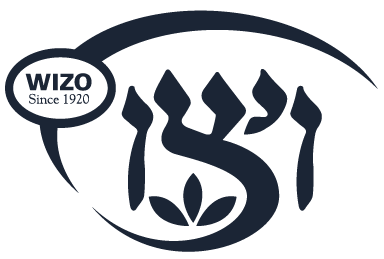News
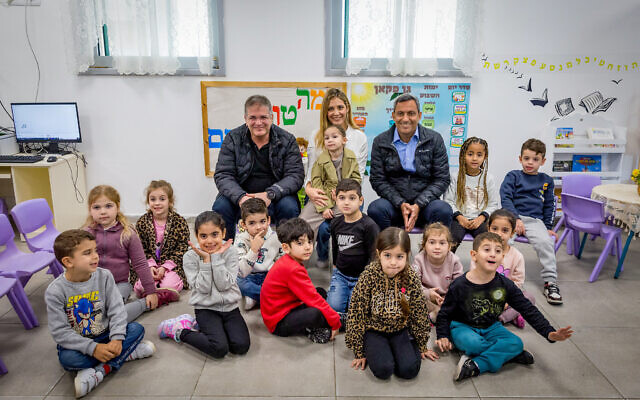
Bringing Resilience to Sderot
WIZO plans to reopen the “Open House,” a unique center in the heart of a shattered city.
Read more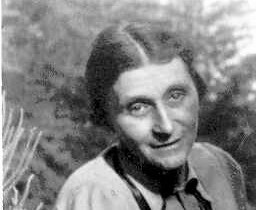
WOW: Hanna (Helena) Tahon
March’s WOW, “woman of WIZO,” is Hanna (Helena) Tahon a historical pioneer and WIZO activist.
Read more
Lifetime Achievement Award: Yossi Saragossi
Out of more than 6,000 employees across Israel, WIZO chose to award the prestigious Lifetime Achievement Award to one man.
Read more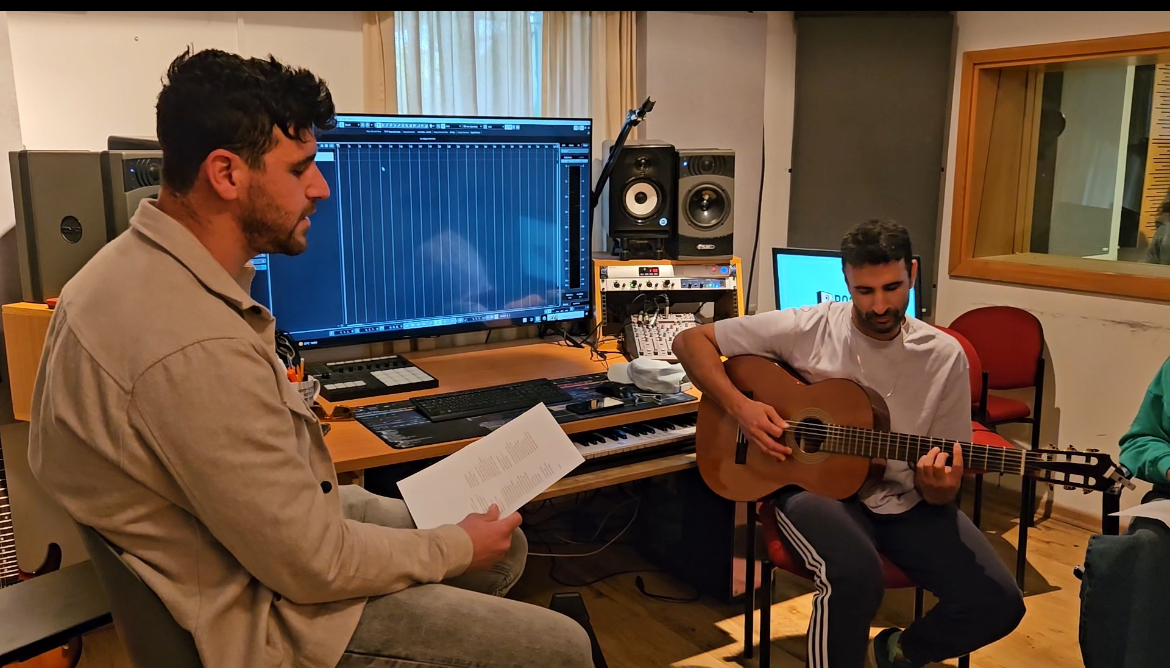
VIDEO: Iron Swords Music Project
Aspiring song writers, high school students and successful Israeli artists: WIZO brought them together for a meaningful project.
Read more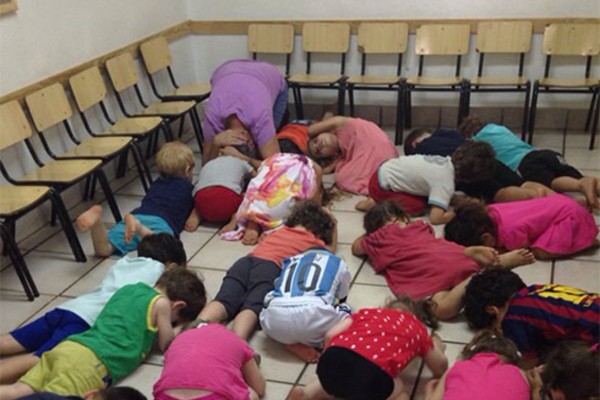
Protecting Our Children
Since the beginning of Iron Swords, over 15,000 rockets have been fired at civilians in Israel. Most of WIZO’s 167
Read more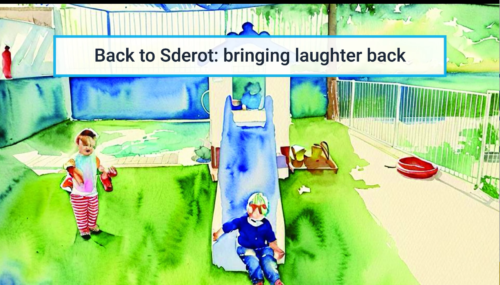
VIDEO: Sderot 2024
Imagine Sderot 2024: full of joy and laughter and safety. We can make this come true.
Read more
JPost: War Exacerbates Gender Inequalities
The head of our women’s division published an op-ed in the Jerusalem Post that calls attention to how the war
Read more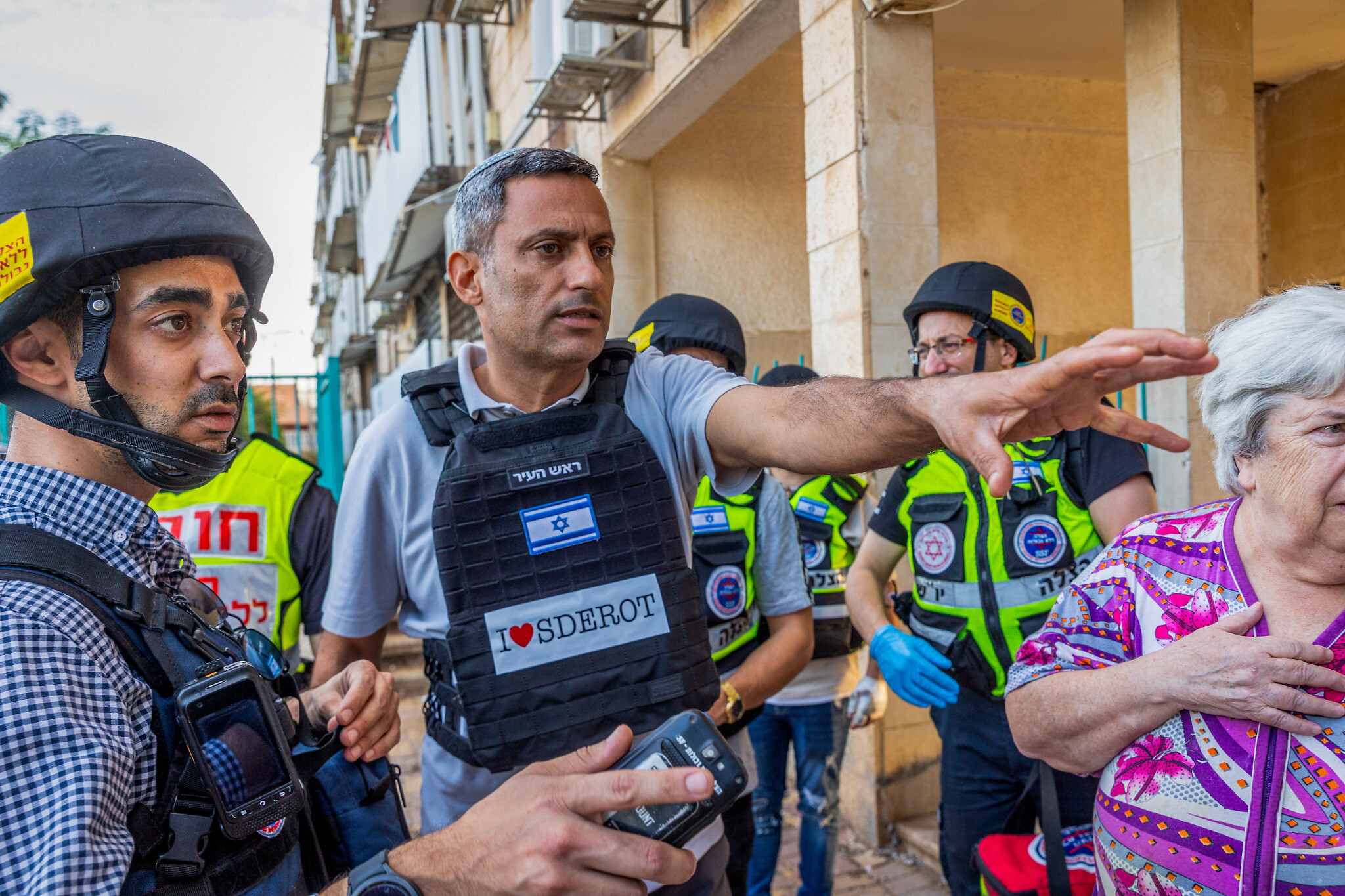
VIDEO: Mayor of Sderot
The mayor of the long beleaguered southern city of Sderot, Alon Davidi, needs WIZO’s help to bring his residents home…Back
Read more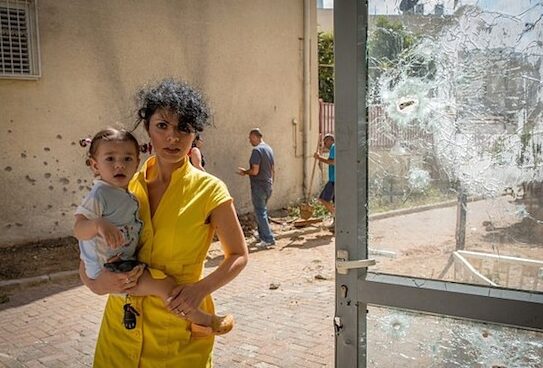
Back to Sderot
As Sderot and all of Israel struggle to rise from this tragedy, big questions arise: How do we go back
Read more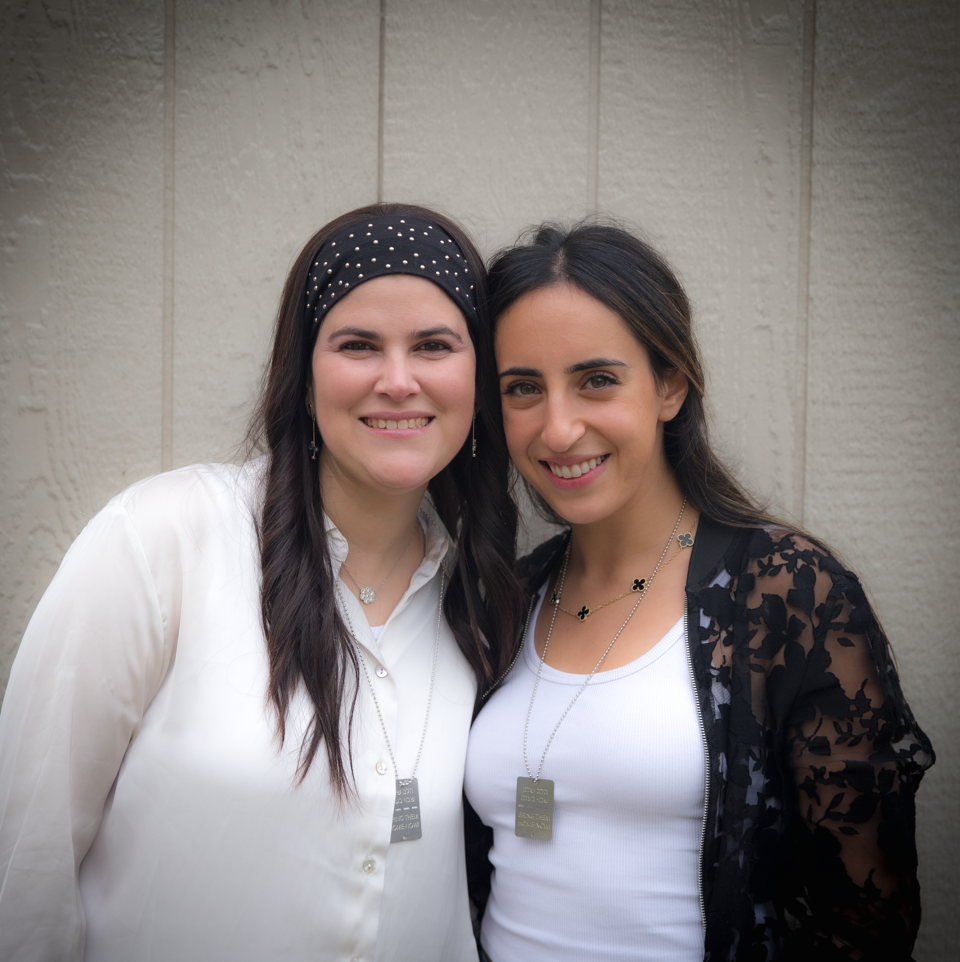
Everything is Bigger in Texas
We’re so excited to share that WIZO USA has a new chapter: WIZO Dallas!
Read more